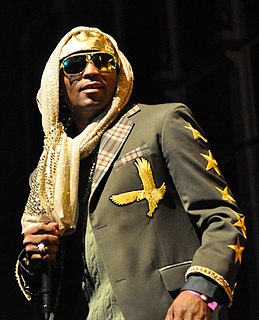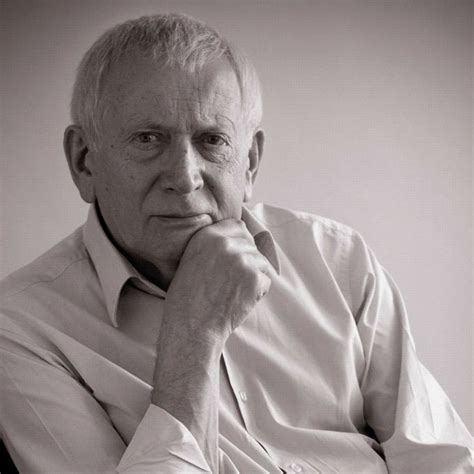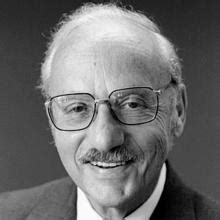A Quote by Charles Baudelaire
Who among us has not dreamt, in moments of ambition, of the miracle of a poetic prose, musical without rhythm and rhyme, supple and staccato enough to adapt to the lyrical stirrings of the soul, the undulations of dreams, and sudden leaps of consciousness.
Related Quotes
Who among us has not, in moments of ambition, dreamt of the miracle of a form of poetic prose, musical but without rhythm and rhyme, both supple and staccato enough to adapt itself to the lyrical movements of our souls, the undulating movements of our reveries, and the convulsive movements of our consciences? This obsessive ideal springs above all from frequent contact with enormous cities, from the junction of their innumerable connections.
Dreams are imperfections of sleep; even so is consciousness the imperfection of waking. Dreams are impurities in the circulation of the blood; even so it's consciousness a disorder of life. Dreams are without proportion, without good sense, without truth; so also is consciousness. Awake from dream, the truth is known: awake from waking. The truth is: The Unknown
Disgrace is a subtle, multi-layered story, as much concerned with politics as it is with the itch of male flesh. Coetzee's prose is chaste and lyrical without being self- conscious: it is a relief to encounter writing as quietly stylish as this. I was not totally convinced by Lurie's musical abilities, with regard to his proposed opera, but that is my sole complaint.
Who dreamt and made incarnate gaps in Time & Space through images juxtaposed, and trapped the archangel of the soul between 2 visual images and joined the elemental verbs and set the noun and dash of consciousness together jumping with sensation of Pater Omnipotens Aeterna Deus to recreate the syntax and measure of poor human prose and stand before you speechless and intelligent and shaking with shame
To me, poetry is a recreation, a renewal of language... The subtlety of what words mean and the fact that you write something and all of a sudden you'll realize that "yes, it reaches out. It meant that, too." Then all of a sudden you'll get a rhyme and the rhyme will throw up a whole new way of looking at things. It's this relationship that you never dreamed of.





































